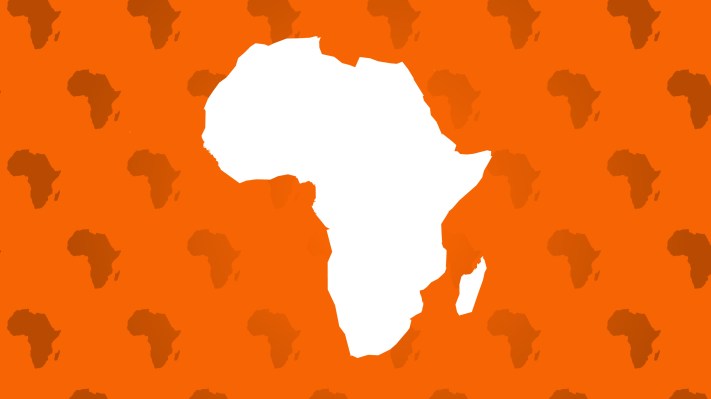In Africa, Y Combinator is known to be a significant backer of most of the continent’s well-known startups. Two of the most talked-about in the last two quarters — Flutterwave and Paystack — are YC-backed. Their successes (Flutterwave’s billion-dollar valuation and Paystack’s rare exit to Stripe) have significantly increased YC’s appeal in the founders’ eyes on the continent, with local investors clamoring to get their portfolio into the accelerator.
Unlike last year when Y Combinator held its Demo Day, both winter and summer in two days, it’s a single day for this Winter 2021 batch. This is the accelerator’s third online demo day, it’s second all-virtual class and remote pitch session following its decision to go fully remote from the previous batch (Summer 2020).
Three hundred nineteen companies pitched today from 41 countries drawing attention from more than 2,400 investors. However, only ten African startups raised similar to other batches; most of which are fintechs.
Other startups offer e-commerce fulfillment, edtech, and B2B food marketplace services. Five startups represent Nigeria; three are from Egypt and one from the Ivory Coast and Kenya. Here they are building.
Most of the gig workers in Egypt are unbanked, and it’s difficult for digital platforms to pay them for their services. The traditional method would be to use cash or third-party institutions.
Founded by Omar Ekram, Dayra is trying to solve this via an API. With its platform, Egyptian businesses can offer financial services, including loans to unbanked workers and customers.
Django (Ivory Coast)
While a massive profusion of financial services has emerged in recent years in Africa, there’s still a substantial underserved gap in Francophone Africa. Less than 25% of the population is banked.
Djamo acts as a challenger bank and offers banking solutions to break into this vast untapped market and help with financial inclusion in the region. Hassan Bourgi and Regis Bamba founded the Ivorian startup.
In African public schools, the student-teacher ratio can be as high as 50:1. This doesn’t aid effective learning. Other options, like private schools, can be costly.
Kidato, an edtech startup founded by Sam Gichuru, has classes with student-teacher ratios at 5:1. They also offer the same international curriculum as private schools in the country but collect much lower fees.
Flux (Nigeria)
It takes days and sometimes weeks to send money from the U.S. to Nigeria and most African countries. There’s also the problem of expensive fees.
Flux, a Nigerian remittance startup, is using crypto to tackle this. Via an application and from a wallet, people can convert fiat into crypto and send it to the wallets of people in other countries who convert back to decree if they choose. Ben Eluan, Osezele Orukpe, and Israel Akintunde founded the startup.
Financial stress plays a significant role as a top distraction for employees. Norway, a startup founded by Sabry Abuelenien and Mostafa Ashour, bridges that gap and provides several benefits for employers that proactively address this area of employee wellness.
The company enables corporates to offer salary advances to employees. It also improves employees’ savings, spending, budgeting, and borrowing by building products that tackle every vertical.

